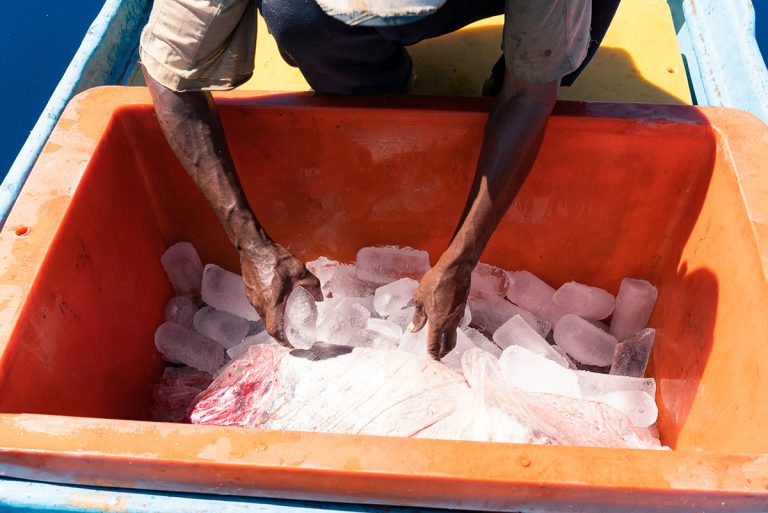
Fisheries
‘A revolution in the making’: How a solar-powered ice maker is transforming an Indonesian tuna fishery
A solar-powered ice maker has transformed an Indonesian community's tuna fishery, boosting incomes and slashing waste and emissions.

Fisheries
A solar-powered ice maker has transformed an Indonesian community's tuna fishery, boosting incomes and slashing waste and emissions.
Health & Welfare
Electric fence technology could block sea lice at the infectious stage, boosting fish welfare and cutting costs for salmon farms.
Aquafeeds
Researchers looked bentonite, zeolite and illite as shrimp feed additives and found the illite-supplemented diet exhibited significantly better results.
Fisheries
Analysis finds high seas fisheries management is not meeting mandates, with 56 percent of fish stocks overexploited or in decline.
Health & Welfare
A multi-year study will examine if a mass salmon escape during an October storm left any genetic impact on wild salmon populations.
Intelligence
A global review finds most people aren’t consuming enough omega-3 fatty acids in their diets, flagging the need for clearer guidelines.

Edinburgh Napier University and AlgiSys join forces to develop and scale up algae-based omega-3s as sustainable feed alternatives.

Partially defatted black soldier fly meal in aquafeeds could affect the sensory properties of raw fillets without altering the nutritional composition.

F3 Fish Farm Challenge will award $200,000 to four farms showing the most progress rearing carnivorous finfish on fish-free aquaculture feed.

Findings stress the relevance of flexible squid fishery scheduling and management in response to climate-driven changes in habitat suitability.
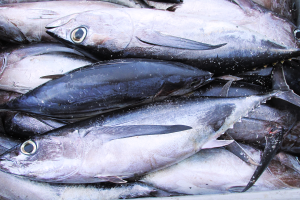
Although a range of supervisory management measures have been implemented over nearly four decades, its regulatory framework should be improved.
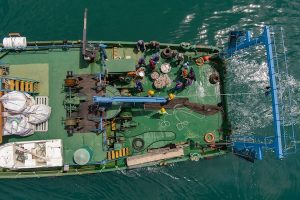
Overfishing in the Mediterranean and Black seas reaches a 10-year low, underscoring aquaculture’s growing role as demand for seafood rises.

Precision aquaculture, powered by real-time monitoring systems, is revolutionizing how fish farmers approach feed management.

Australia’s national science agency, CSIRO, has been awarded the right to host the next International Symposium on Fish Nutrition and Feeding (ISFNF XXII) in Darwin, Northern Territory, Australia in May 2026.
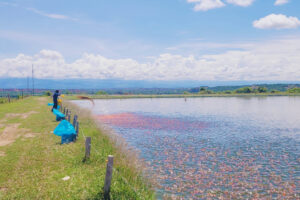
Sightline Systems' new AQUA Sightline 2.0 is latest wave of artificial intelligence applications designed specifically for aquaculture.
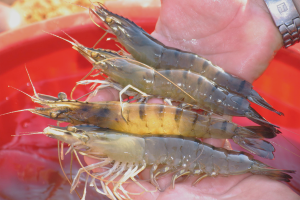
Because water quality and microbial composition are closely linked, pond management is essential to maintain ecological stability and shrimp health.

Tasmanian salmon farmers say selective breeding has produced fish with improved tolerance to heat and disease after a major mortality event.

Research indicates that dietary lysolecithin can improve metabolic efficiency, tissue quality, yields and reduce feed waste in L. vannamei culture.
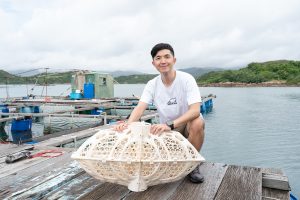
Award-winning Reef of Hope uses 3D-printed biodegradable design to advance oyster reef restoration and revive marine ecosystems.
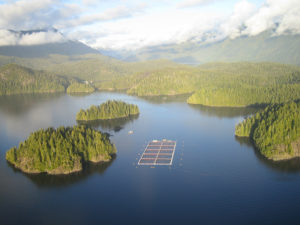
Researchers say Canada’s ban on ocean-based BC salmon farms overlooks decades of science and offers limited gains for wild salmon.

Morocco is expanding aquaculture with new farms, regulatory updates and World Bank-backed programs to boost production and attract investment.
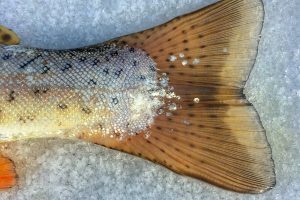
Deep learning can identify wild vs. farmed salmon with 95% accuracy, possibly helping to track escapees and protect declining wild stocks.

Nova Scotia launches a compliance unit with new penalties, audits and enforcement tools to target illegal seafood activity.
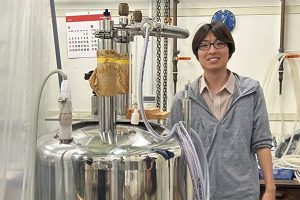
Scientists at Okayama University of Science hope to boost astronaut survival by taking aquaculture where no man has gone before.

New two-year pact aims to improve labor conditions in Pacific fisheries through capacity-building and enforcing international standards.

Efforts in Indonesia and Zambia are closing the gender gap in aquaculture and fisheries, highlighting women’s contributions and leadership.

The Welsh government has launched a study to measure the carbon footprint of its seafood industry and guide its transition to net-zero.

A medida que se expande la industria acuícola, un enfoque estandarizado para evaluar el impacto de los alimentos acuícolas en la biodiversidad puede fundamentar la toma de decisiones.

Los países en desarrollo obtienen más nutrientes por dólar invertido en importaciones de productos del mar, pero los expertos advierten que deben tenerse en cuenta la equidad, la cultura y la seguridad alimentaria local.

Las evaluaciones de la capacidad de carga basadas en SIG pueden ser herramientas dinámicas de apoyo a la toma de decisiones que proporcionan información para la planificación y gestión espacial de la acuicultura.